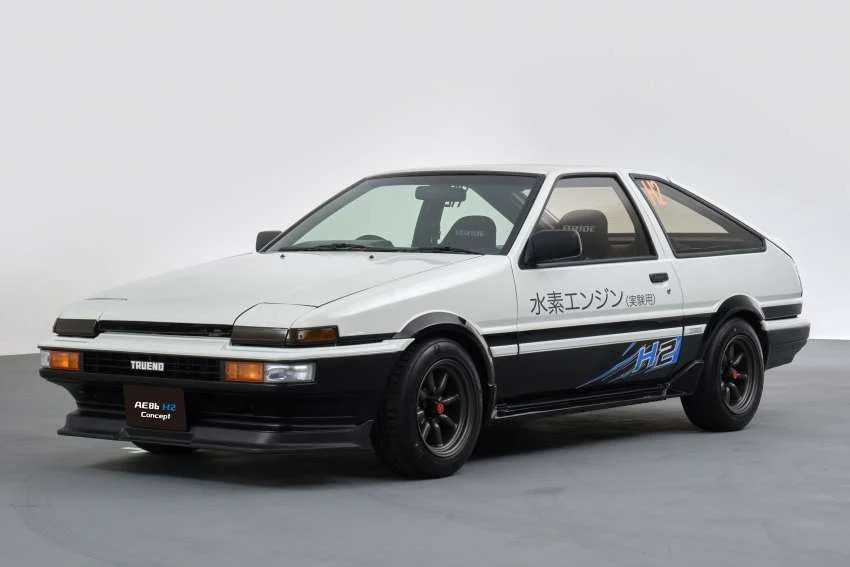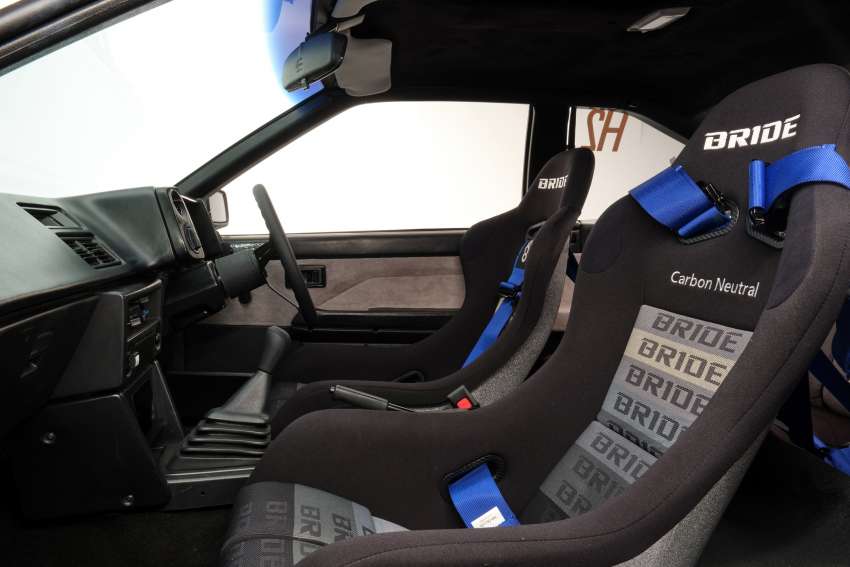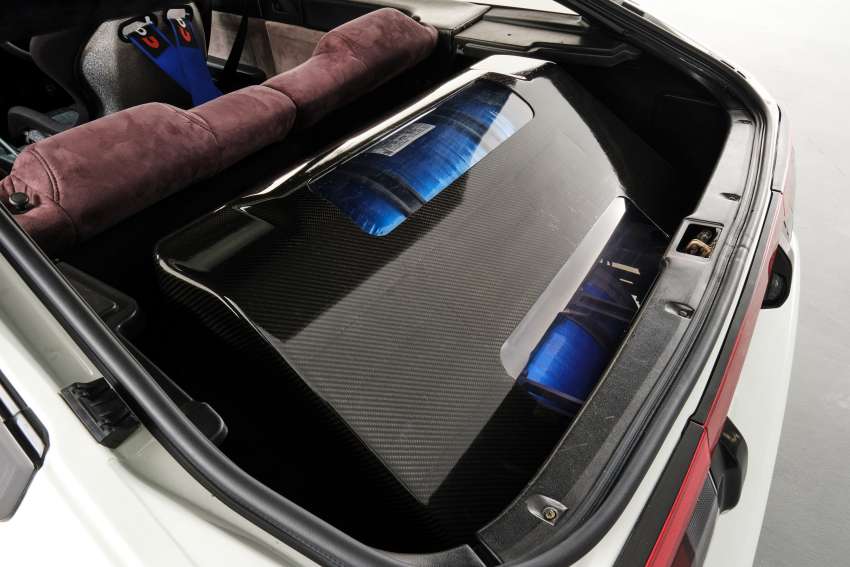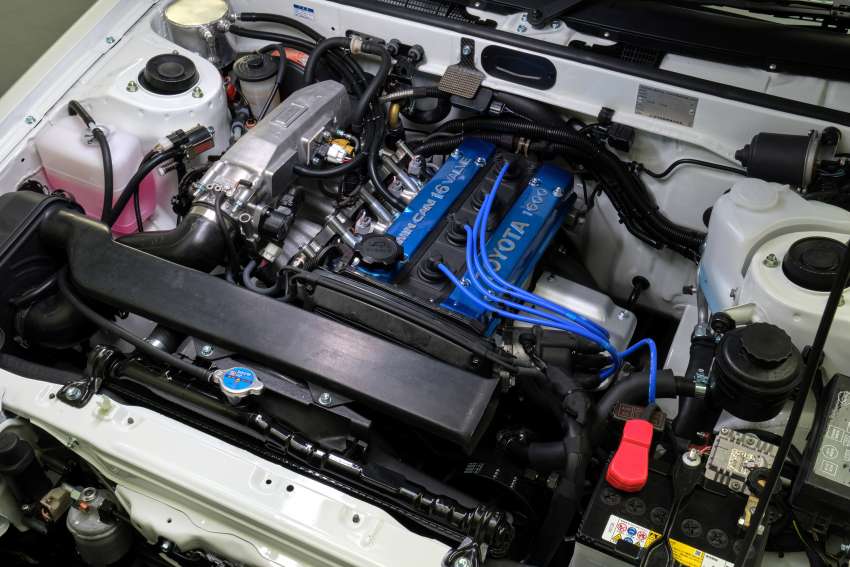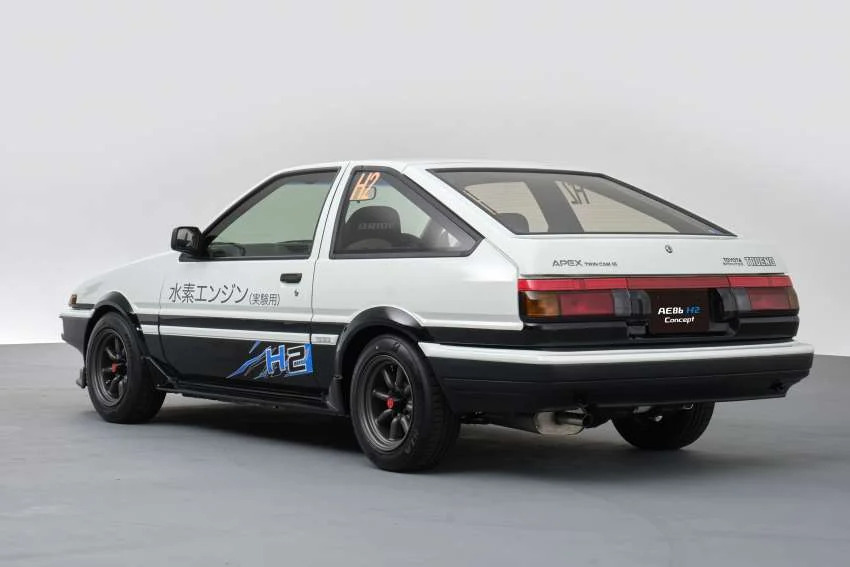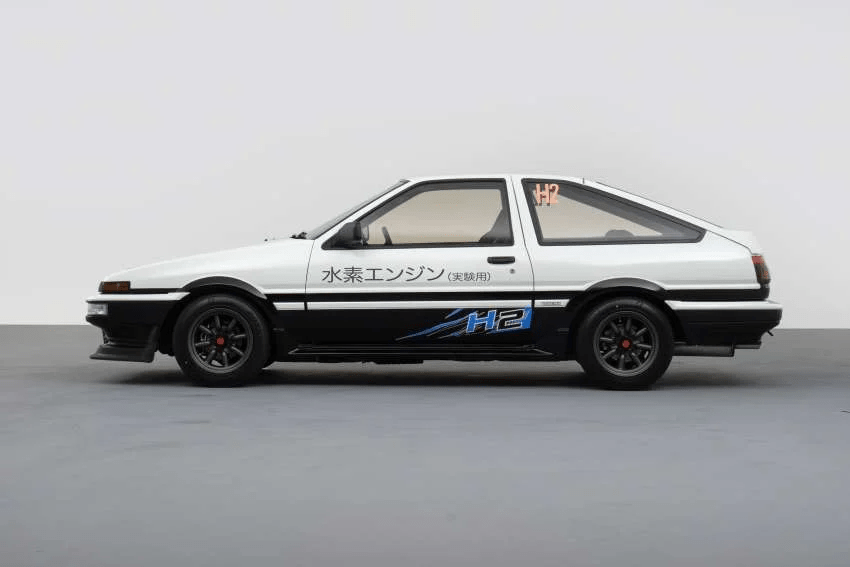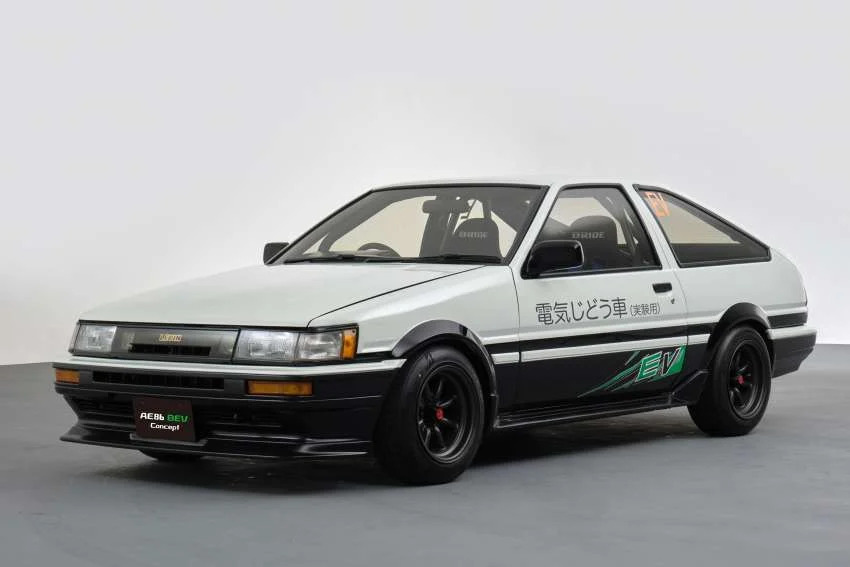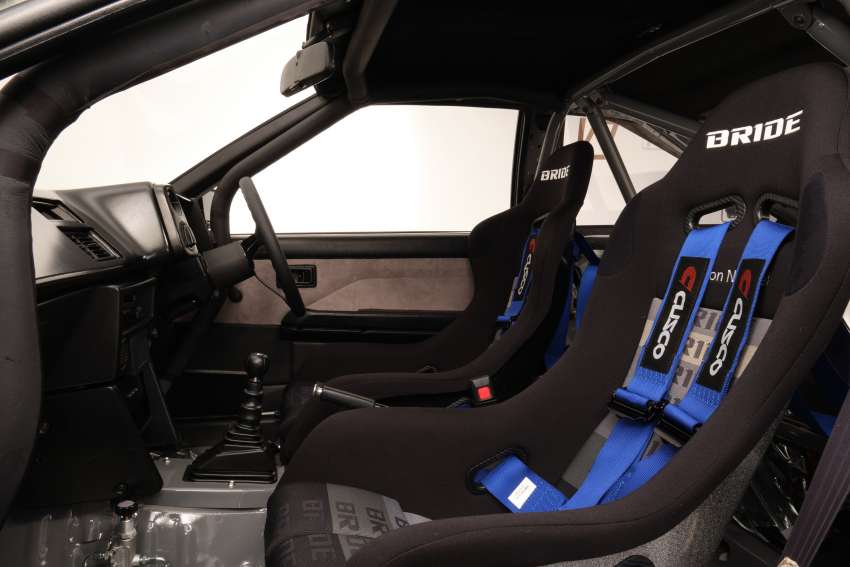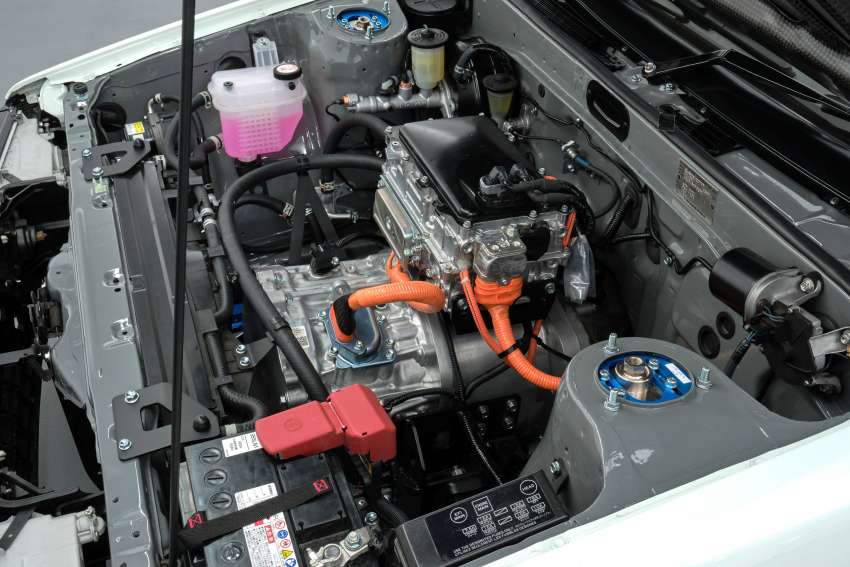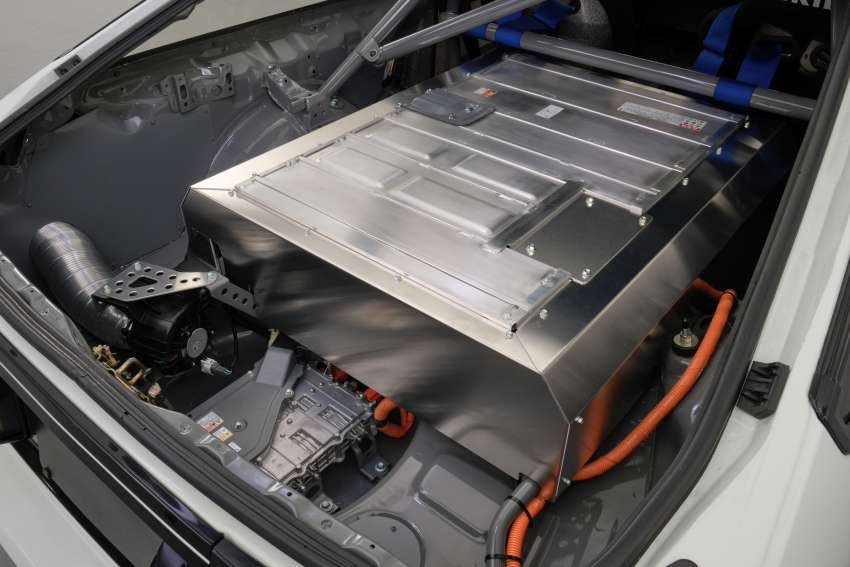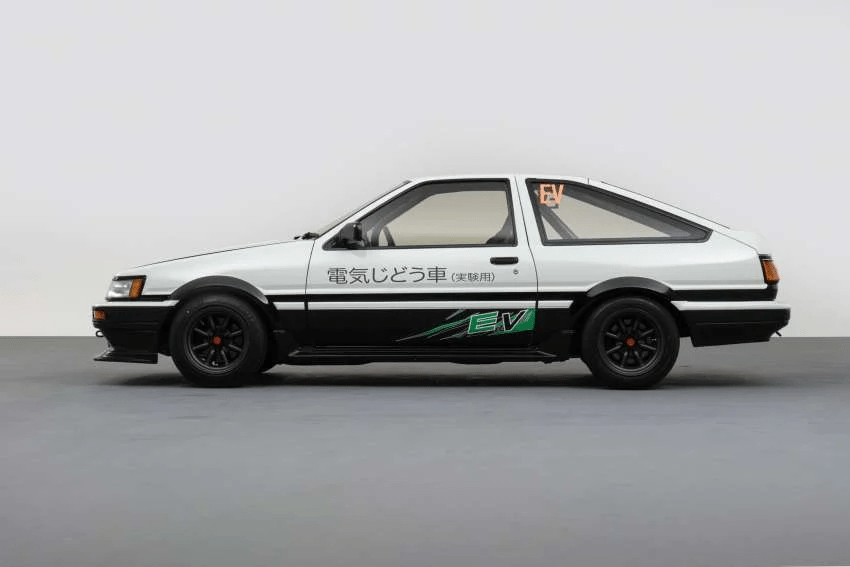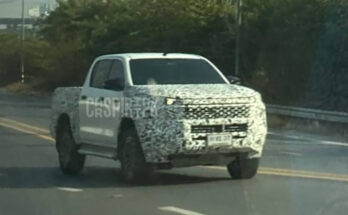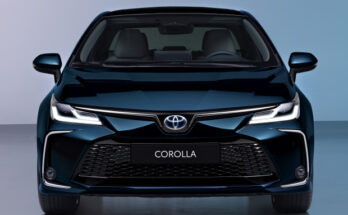To accelerate the global move toward sustainable vehicles, Toyota is suggesting simply replacing the inner workings of vehicles already on the roads with cleaner technology like hydrogen fuel cells and electric motors.
At the 2023 Tokyo Auto Salon, Toyota showcased zero-emission versions of its 1980s sports range, which still boasts a strong global fan base. Chief Executive Akio Toyoda while speaking at the show said “I don’t want to leave any car lover behind.” Toyoda told reporters it would take a long time for all the cars to become zero emission, as they only make up a fraction of the vehicles being sold. Changing old cars to go green, or “conversion,” was a better option, he said.
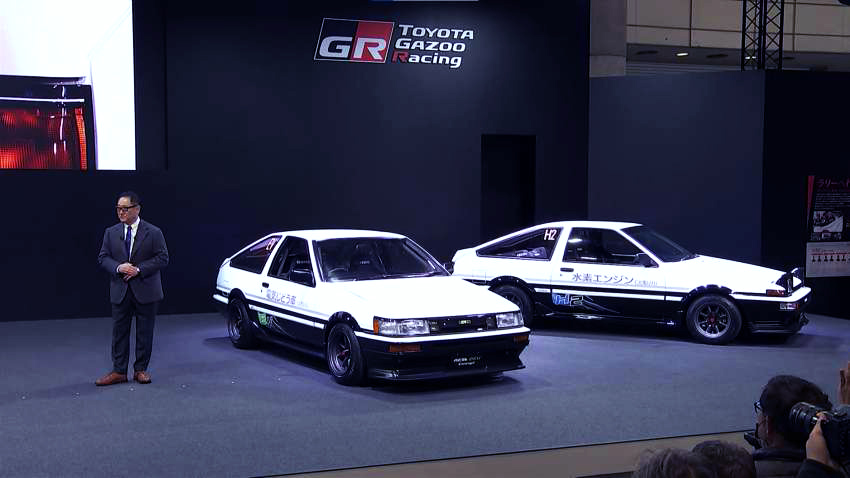
The Japanese automaker which is often criticized to be too slow towards developing pure-electric vehicles, (although it is known as the pioneer in rolling out hybrid-electric cars starting with the Prius in 1997), unveiled two cars of the AE86 generation at the Tokyo Auto Salon. One being modified as a battery-electric vehicle and the other as a hydrogen-engine model.
Related: Toyota Says its Hybrids May Help Reduce Emissions More Than EVs
The AE86 H2 Concept uses two high-pressure hydrogen storage tanks from a Mirai, which are mounted in the rear of the car. With minimal modifications to its powertrain, this vehicle has no problem running on compressed hydrogen.
Toyota AE86 H2 concept
On the other hand, the AE86 BEV concept is a typical EV. It borrows its electric motor from the Tundra hybrid and the battery pack from a Prius plug-in hybrid, as well as other components taken from unnamed Toyota models. Toyota doesn’t go into too much detail about these two vehicles, and no technical specs are mentioned either. Both concepts were equipped with a manual transmission & and clutch, something Toyota has been working on for a while.
Toyota AE86 BEV concept
According to Akio Toyoda, remodeling existing cars needed to be explored as an option to achieve a goal of zero carbon emissions by 2050. In Japan, only one in about 20 cars on the road is new, and older ones are mainly powered at least partly by gasoline. Akio said:
“It’s important to leave a choice for cars that are already loved or owned by someone.”
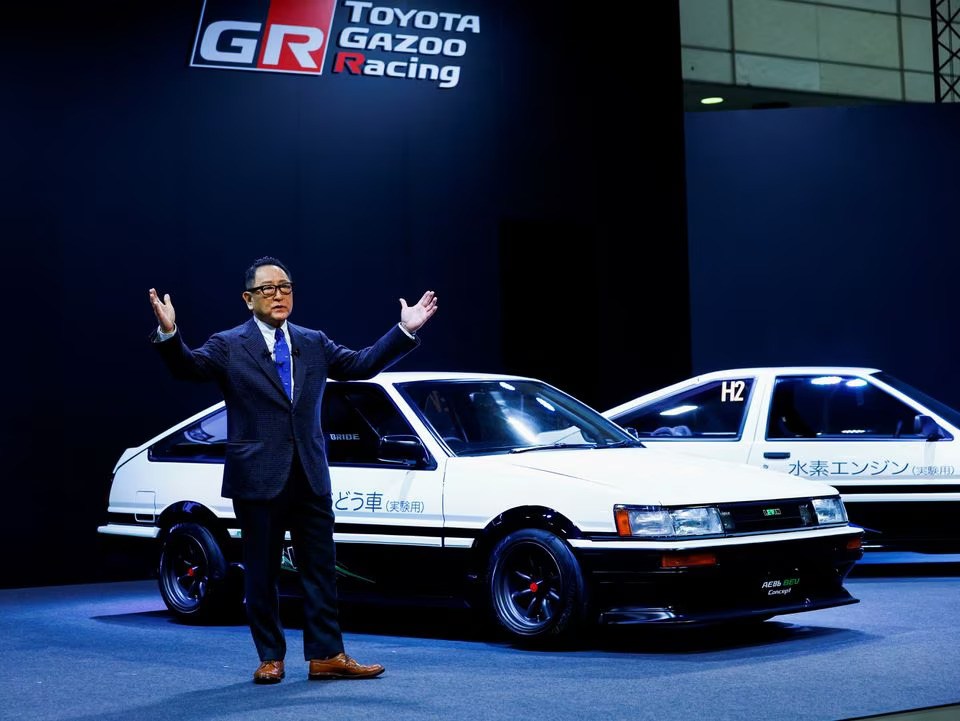
Toyota is always of the opinion that battery-electric vehicles aren’t the only solution to achieving carbon neutrality. The Japanese automaker is exploring other means such as hydrogen fuel cells, and hydrogen-burning engines, as well as developing full-fledged EVs. Still a relative newcomer to the mass EV market, Toyota has plans to invest $70 billion to electrify its vehicles & produce more batteries and aims to sell at least 3.5 million battery electric models (BEVs) in 2030.

A computer animation professional with over 23 years of industry experience having served in leading organizations, TV channels & production facilities in Pakistan. An avid car enthusiast and petrolhead with an affection to deliver quality content to help shape opinions. Formerly written for PakWheels as well as major publications including Dawn. Founder of CarSpiritPK.com

